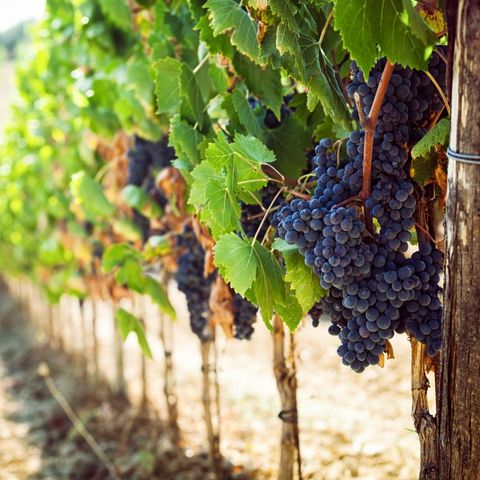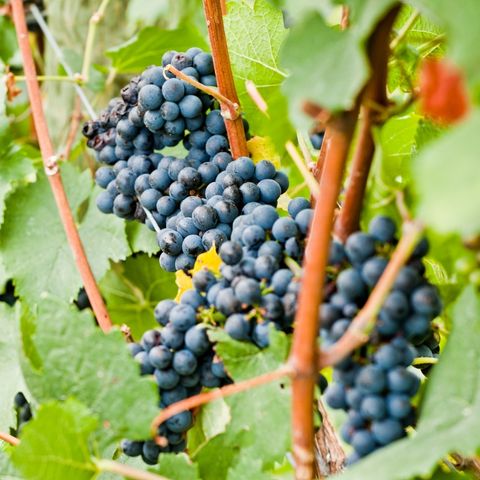Organic grapes are grown using sustainable and earth-friendly methods, including composting, natural pest control, and rotating crops. Farmers also use organic fertilizers to promote healthy soil and water conservation techniques to protect resources. Additionally, organic grape growers omit synthetic chemicals or ingredients such as pesticides to produce the highest quality fruit possible.
Organic grapes are grown without synthetic chemicals such as pesticides and fertilizers. Instead, natural methods are used to nourish the soil and plants. Organic wines also rely on natural yeast strains instead of commercial yeasts. Only organic-approved equipment can be used during harvesting, such as hand tools and machine harvesters that have not been exposed to any chemicals. Organic vineyards also practice sustainable farming methods, such as water conservation and wildlife habitat preservation.
Organic grape growers also use cover crops to help build soil fertility and reduce erosion. Cover crops are planted between the rows of grapes, and they help to add organic matter to the soil while preventing weeds from taking over. Additionally, organic farmers may use beneficial insects such as ladybugs and lacewings to control pests instead of chemical pesticides.
Organic grapes are grown with a focus on sustainability. Organic grapes are grown without the use of synthetic fertilizers, synthetic pesticides, or other chemicals that could harm the environment and the people involved in growing them. Organic grapes must also be grown on land that has not been treated with chemical fertilizers or pest controls for a period of three years before harvest. The soil used to grow organic grapes must also contain natural levels of minerals and nutrients and adequate drainage.
Organic grapes require more labor and attention than traditionally grown grapes, but the results justify the effort. With certified organic grapes, you can enjoy even sweeter fruits with fewer impurities and more fabulous flavor.
So before you buy your next bunch of grapes, ensure they were produced using sustainable methods. And always remember – support your local farmer whenever possible!
Be Blessed!
Nalini Murthy
Next Steps
Residue Free Grapes
Organic Vegetables


